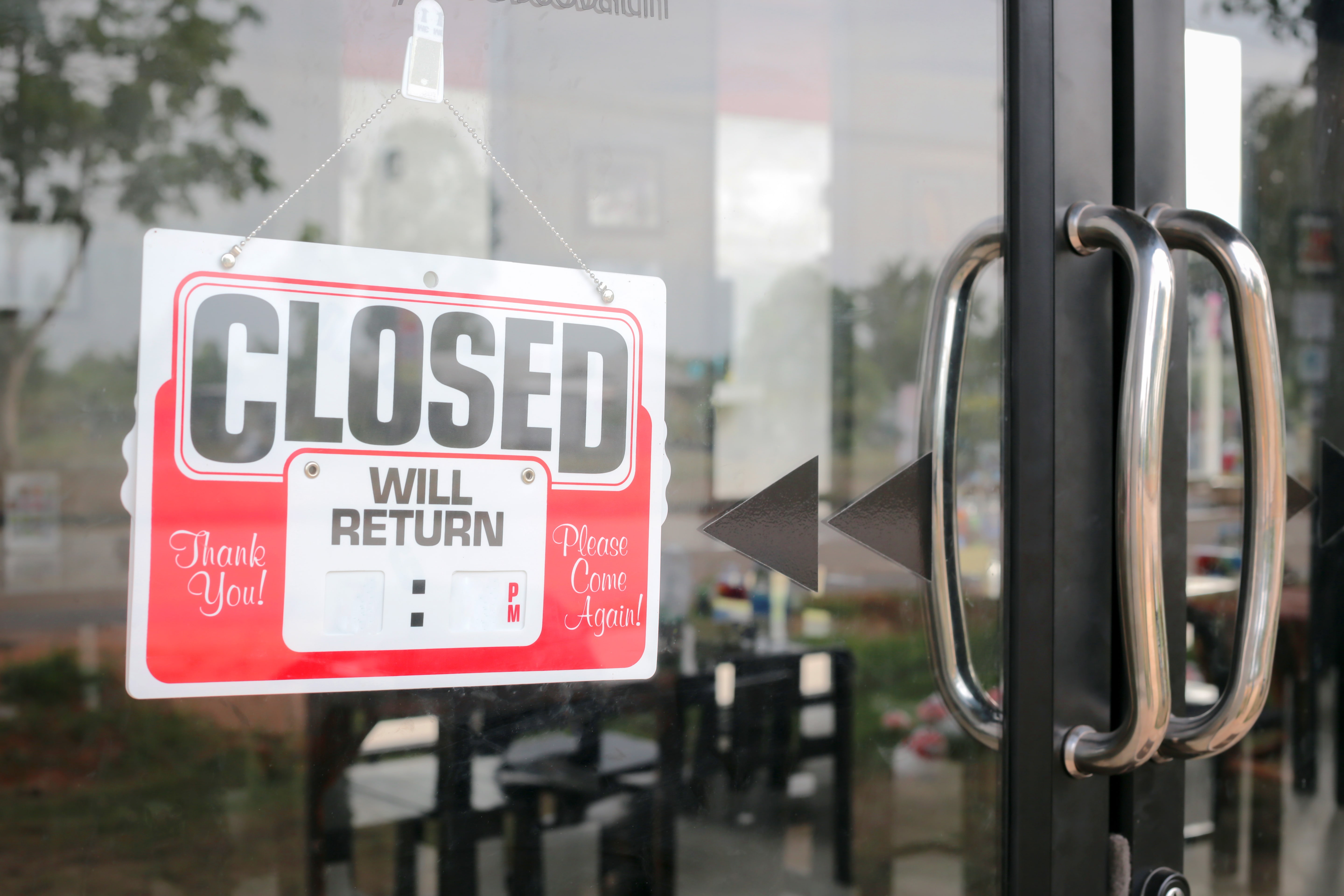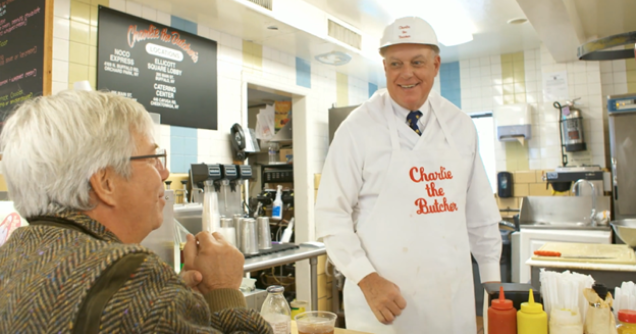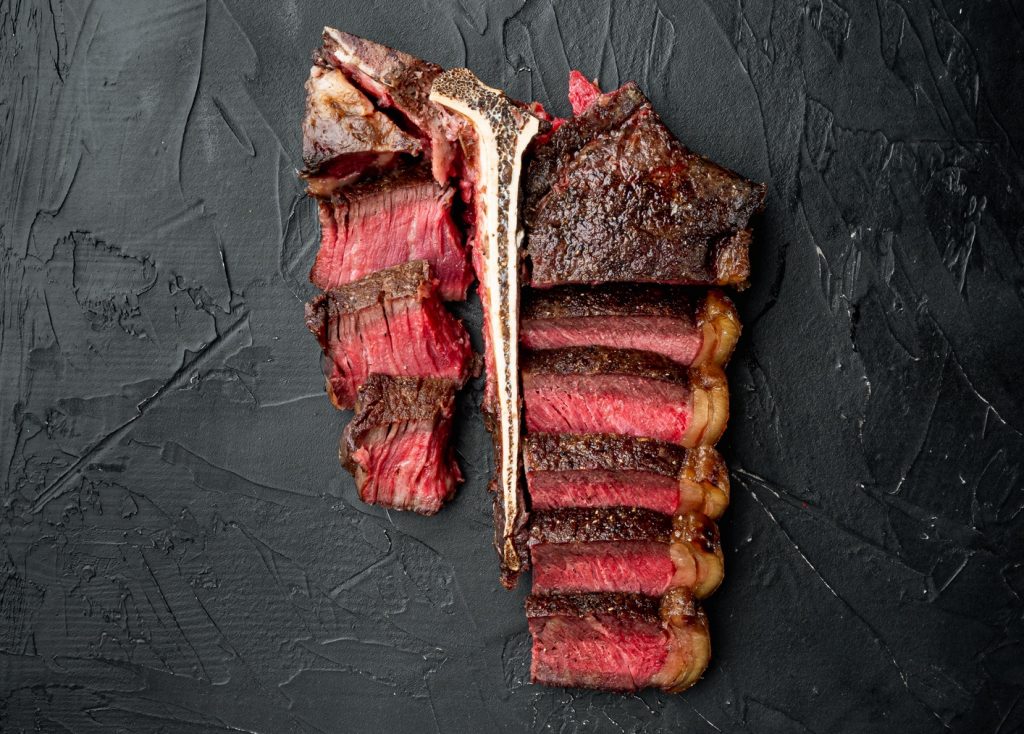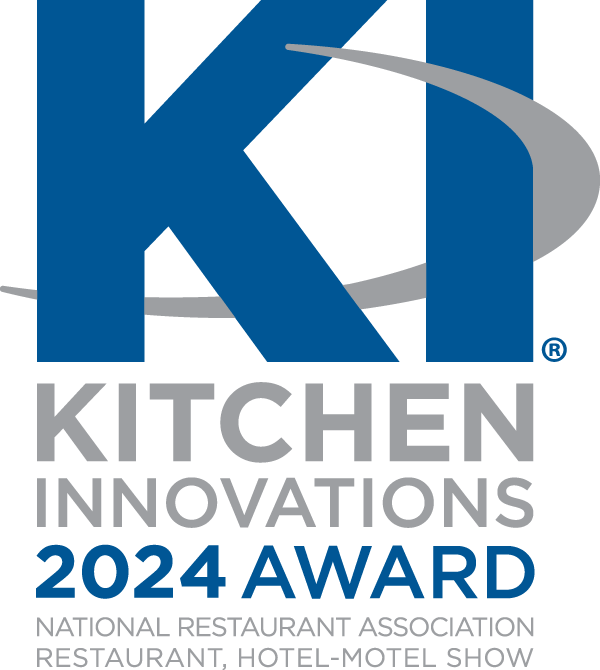
Help for independent restaurants scrambling to stay afloat in the midst of the coronavirus shutdown is available in a practical guide published by a group of restaurant and bar consultants from across North America.
The 59-page guide, titled Help For My Restaurant, Task Force Survival Kit Updated March 2020 and downloadable at helpformyrestaurant.com, offers advice on many of the most vital issues facing operators during the crisis.
“We are all involved heavily with the independent restaurant and bar segment,” says Lu Schildmeyer FCSI, principal of Lu S Design Associates in Tacoma, WA.
“And all have special skill sets that we could contribute to helping out the owners of these businesses in this time of crisis.” The group is led by Canadian consultant Doug Radkey of KRG Hospitality Inc.
The guide, Schildmeyer says, is all about “how to fight and win the war coming against their businesses.” The most important steps for operators to take, he emphasizes, are “the ones that will generate immediate cash flow.”
The areas for which the guide offers advice include:
- Self-care
- Here we are
- Operations overview
- Preparing to close
- Closing beer draughts
- Finding rent relief
- Cost saving systems
- Take-out & delivery
- Sales & profit
- Optimized ingredients
- Food security within your community
- Getting social
- Social engagement
- Interior design recovery
- Restaurant recovery
- Re-opening
Among the specifics inside:
- “If you cannot operate take-out or delivery, consider converting your current kitchen facility into a ‘ghost kitchen’ that can be rented out to existing or new start-up foodservice businesses like to-go operators, bakers, chocolatier’s, or food trucks that need a commissary kitchen to operate their business for the time-being. Get up front deposits to book your kitchen space and ongoing kitchen rental contracts with these businesses thus creating immediate cash-flow!”
- “Keep your regular guests informed. Make sure your regular guests know you’re not going anywhere and when you re-open you will be better, faster cleaner and nicer than ever before. Give regular updates on social media, Have your chef video a cooking demonstration of a popular dish or your mixologist crafting a cocktail. Show videos on how you’re cleaning and preparing to re-open.”
- While the goal is not to drastically alter the vision and operating goals, it is important to consider the length of time it will take to bring business back to normalcy and ensure you and your team are prepared to adjust accordingly (hourly, daily, weekly). Expect a re-opening period of approximately 2-3 weeks to ensure you’re staffed, trained, marketed, and prepared in terms of service and menu offering. Everyone will be replenishing their stock around the same time, meaning the supply chain will be pushed to the limit. This is why it is best to re-launch with a limited menu.”
The guide is conceived as phase one. “We have plenty more coming out over the next few weeks that will guide independent operators through challenging times and strategic ways to adapt,” says Radkey.
“This site and its content will be made available after the pandemic as well, to guide operators through challenging times such as before and after a hurricane hits.”
Howard Riell




